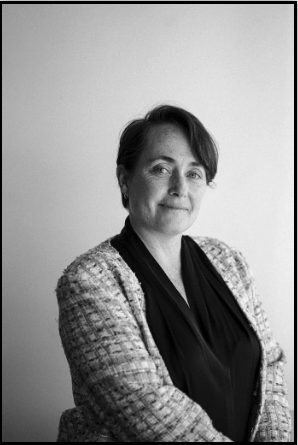Bipolar II disorder is not a milder form of bipolar I disorder but a separate diagnosis. While the manic episodes of bipolar I disorder can be severe and dangerous, individuals with bipolar II disorder can be depressed for longer periods, which can cause significant impairment.
Bipolar II disorder is a mental health condition associated with mood swings and emotional instability. Bipolar II disorder is diagnosed by having experienced a major depressive episode lasting at least two weeks and at least one hypomanic episode.
A full depressive episode is a period in which a person more or less experiences the full symptoms associated with depression. These symptoms may include a lack of energy and a feeling of fatigue. Someone experiencing a depressive episode may often feel restless or irritable around others and isolate themselves when possible.
Someone in a depressive episode may notice a complete loss of interest in social activities or hobbies that may have previously been exciting or engaging to them. In severe cases, depressive episodes may cause thoughts of death or suicidal tendencies. Without treatment, depressive episodes can last several weeks or a few months.
Bipolar II also causes hypomanic episodes. While not as severe as a full manic episode, hypomania can still be dangerous when left untreated. Hypomania causes a person to experience a drastic increase in energy and boosted levels of self-esteem. The rise in energy often causes a person in a hypomanic episode to go long periods of time without sleep.
A person in a hypomanic episode will noticeably talk louder or faster than usual and will bounce quickly between different ideas or activities. Hypomania can cause someone to have difficulty concentrating on a single thing for extended periods.
Because the symptoms of depressive episodes are usually much more severe than hypomania, bipolar II disorder is often misdiagnosed as depression or major depressive disorder.
While drastic mood swings characterize both types of bipolar disorder, there are key differences between bipolar I and bipolar II. While depressive episodes commonly occur in bipolar I disorder, they always occur in bipolar II disorder.
As opposed to hypomania episodes seen in bipolar II disorder, a person suffering from bipolar I will experience full manic episodes. A manic episode causes the increase in energy seen in hypomania, along with various more severe symptoms. Manic episodes will often cause a person to participate in reckless and potentially dangerous behavior.
Someone experiencing a manic episode may spend their money recklessly, increase or begin abuse of illicit substances, and be more likely to participate in sexual actions. In severe manic episodes, a person may become detached from the reality around them. If the behavior associated with manic episodes becomes a danger to either themselves or those around them, hospitalization may be required.
While bipolar II is sometimes spoken about as a less severe version of bipolar I, that is not the case. In actuality, these disorders are two completely distinct diagnoses.
The most important thing a person can do for someone who has bipolar II disorder is to encourage them to seek treatment. Bipolar disorder is considered to be a treatable condition but remains potentially dangerous with professional help.
While the depressive episodes of bipolar II are more severe than hypomania, neither should be taken lightly. Someone experiencing hypomania after a depressive episode may be met with relief from friends and family. Depression can be scary not only for those experiencing it firsthand but those around them as well. In contrast, hypomania usually causes a person to seem exciting, funny, and “the life of the party.”
While many people may see hypomania as a positive thing when compared to a depressive episode, it still means that the disorder is not being treated effectively. The purpose of treatment in bipolar disorder is to help stabilize the person’s mood with the condition. A hypomanic episode is still a sign that the disorder is causing unstable mood episodes.
Bipolar II disorder can be treated with a combination of psychotherapy treatment and medication. It is essential to be open and upfront with your doctor during the treatment process to find the best methods for you.
A variety of medications may be prescribed to treat symptoms associated with bipolar I disorder. Each person may respond to medications differently, so it may take time to find the best medication to fit you and your needs. Mood stabilizers, antidepressants, and lose-dose antipsychotic medication may also help treat bipolar II. Anti-anxiety medication, such as benzodiazepines, can also be used in some cases.
Bipolar II can be incredibly disruptive in a person’s life. The drastic swings in mood and energy often make it impossible to make plans for the future or maintain healthy relationships with others. People with bipolar II may often find it challenging to fulfill obligations at work or school due to their condition. If you or a loved one are suffering from bipolar II disorder, it is important to seek the help of medical professionals as soon as possible.
At AM Health Care, we are to help you deal with your mental health in any way possible. We believe in designing a treatment plan that precisely suits your condition and your needs. Mental health disorders can be disruptive and potentially dangerous when left untreated, so there is no reason to wait any longer. Please call us today at 818-383-1297 to learn more about how we can help you and potential treatment options.
Our facilities that offer Bipolar II Treatment:

